PoNW’s Favorites | Autumn 2024
Amid these first days of school and turns in the trees, a wealth of new poetry collections are arriving this fall.
Two impressive debut collections, Good Dress by Brittany Rogers (Oct., Tin House) and Saints of Little Faith by Megan Pinto (Sept., Four Way), both use curious forms and at least one longer series to account for grief painfully and beautifully: what men do to women over time (over lives), inheritances of motherhood and daughterhood, and what psychiatry offers or refuses to the ill. Both are strong, sure, and memorable, remembering past needs to please others in refiguring what pleasure means to the speakers as they age.
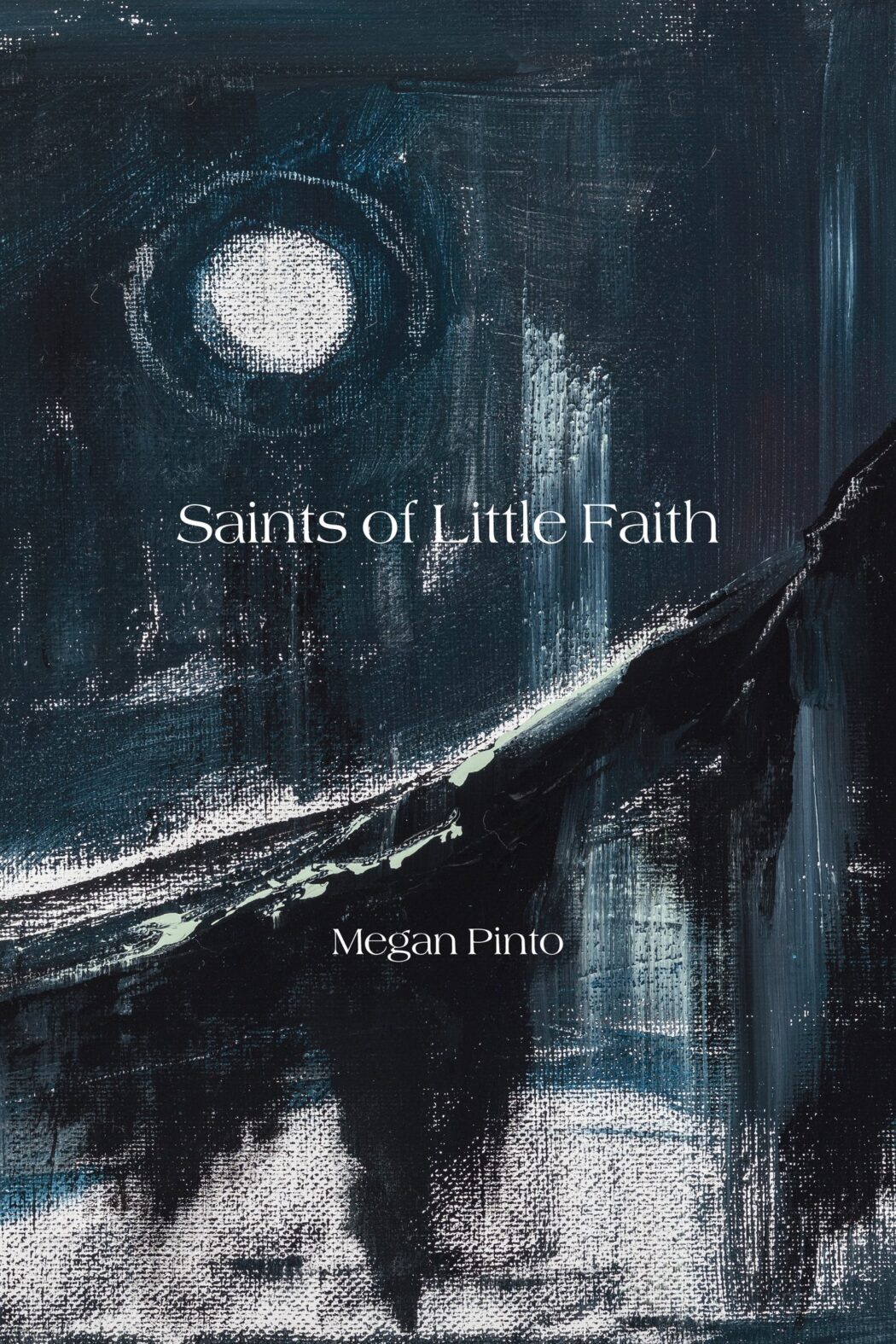
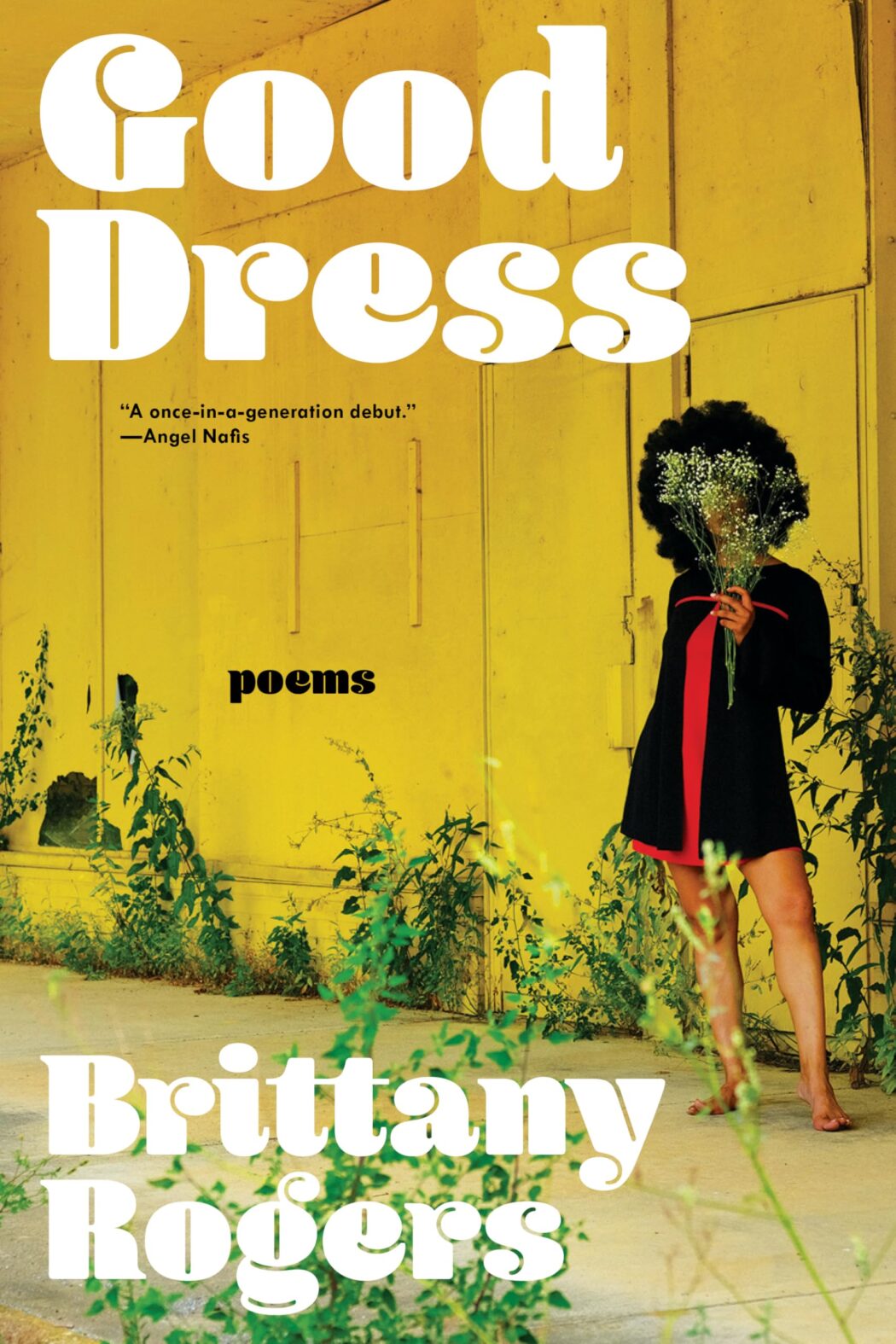
Cowboy Park by Eduardo Martínez-Leyva (Nov., Wisconsin) is another exciting first book with cadence and verve between graveyard and Greyhound, glory hole and mud, missing brother and surviving mother. This winner of the Felix Pollak Prize brings forth music in a book that catalogs aftermath through desire and mistranslation: loss can be erotic, sex can be mourning. It resists the normalization of mass shootings, deportation, and family separation, acknowledges the child who is coerced, harmed, and manipulated by adults, then is disconcerted about having become one. 
Several second and third books impressively extend the energy of a writer’s first: 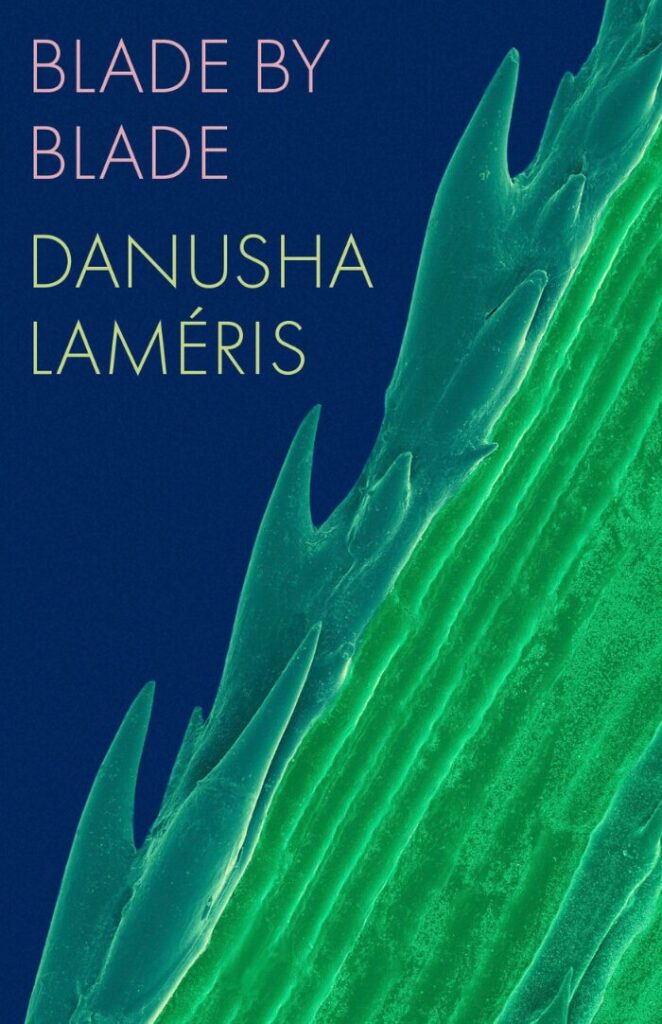
Blade by Blade by Danusha Lameris (Oct., Copper Canyon) refuses grief as isolated by either time or place, with grace and thunder. The losses of both a brother and a son, two men remembered well, lead to winding and repeated meetings of earth and self. With the observation of Richard Powers and the casual brilliance of Gwendolyn Brooks, the book angles toward each and every subject and environment equally. The calmness with which the speaker catalogs what is gone due to environmental catastrophe and suicide provides a wide lens—not with distance, but specificity. The admirable volume brings on a new style for Lameris, making her poems utterly recognizable.
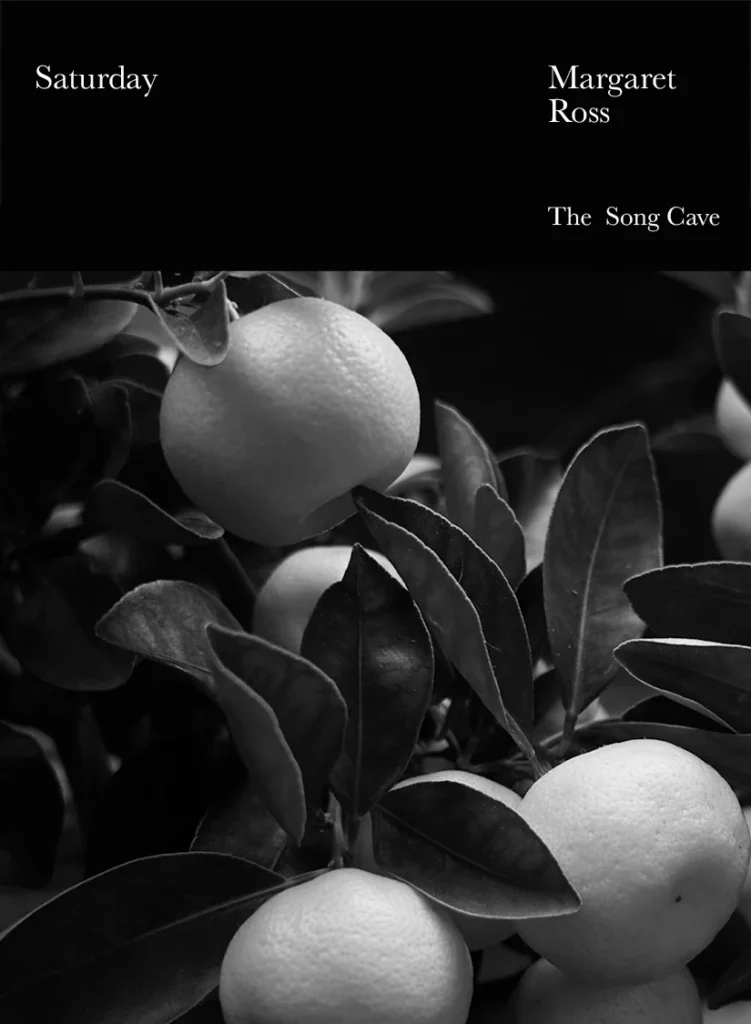
Saturday by Margaret Ross (Oct., The Song Cave) is a surprising and energetic follow-up to A Timeshare, with a more granular attention. Like the author’s choice of new press at The Song Cave, this second book is cool, selective, lively. Its central question is of power and the various acting out and refusing of power that is possible in sex and romance, in thought and theory, in childhood and in retrospect. What can the body and mind each hold that is honest, that is real? “I feel a happiness so concentrated / it feels like fear.” The collection may also bewilder the many lovers of Ross’s debut, which was quieter and perhaps more abstract.
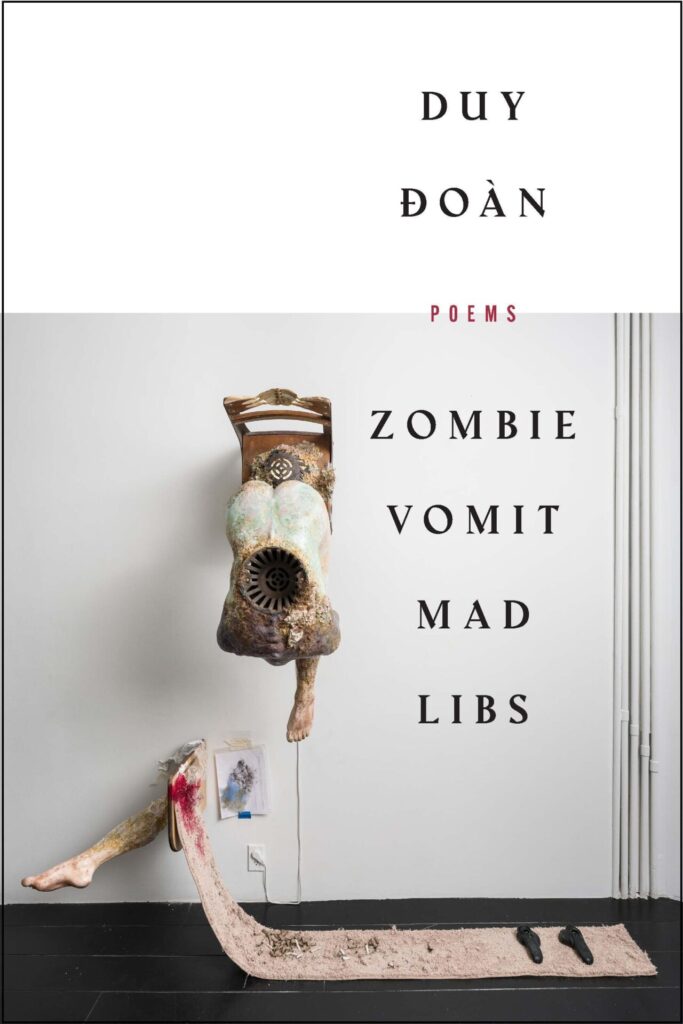
Zombie Vomit Mad Libs by Duy Đoàn (Nov., Alice James) includes all the play, allusion, and potential violence of its title. It brings diacritics to English, suicides to lists, and screenplays to poems with a frantic, perplexed drive. Like the author’s debut, narrative arcs are unpredictable across the text: vampiric characters kiss, religious symbols cross conversion therapy. The volume cites movies and other texts with the scattered, interrupted brief thoughts that characterize its zombieness like a new genre of horror on the page.

What if the Invader Is Beautiful by Louise Mathias (Sept., Four Way) is a stunning, wandering connector between the “invader” of the forest (the title referencing an invasive tree) and the human invader. Its poems are taut, interesting, memorable, and its speaker unable to be disturbed. Language is a tool, but charmingly here: these poems refuse to give up on poems or find meaning only in fragmentation, accomplishing their small needs and hopes with confidence. In doing so, the book refuses flash and motif-leaning, prioritizing an understated elegance.
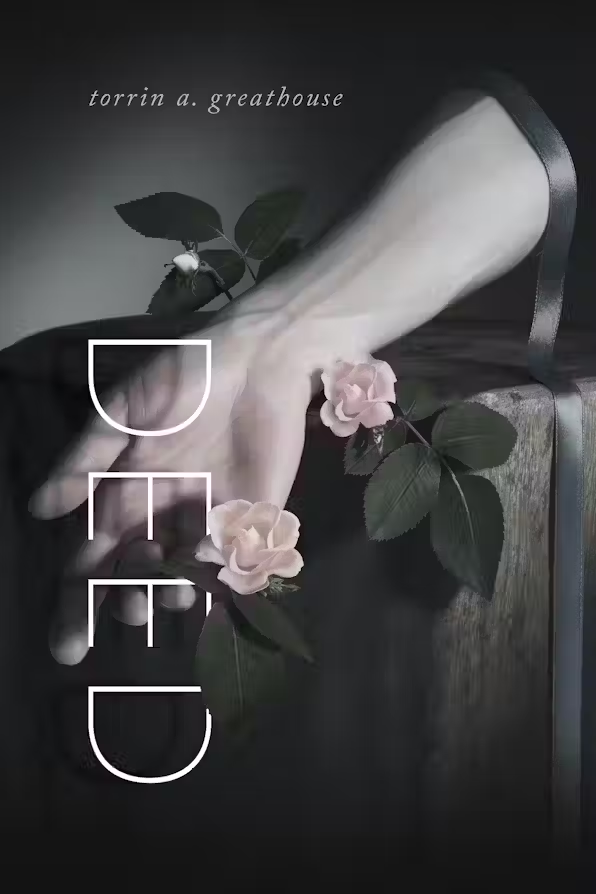
Deed by torrin a. greenhouse (Aug., Wesleyan) continues the work of Wound from the Mouth of a Wound, which established the popular “burning haibun” form that creates new cores: the first prose poem section is erased into a shorter prose poem, which finally, in the old haibun tradition, is erased into a single haiku: generative, dynamic, and inviting. A second collection includes these among other forms with an intense, sometimes excruciating, care for language’s possibilities and ironies. The poems bow to the rebellious poetic innovation of transness and disability: etymological need made into story and scream, hospital bracelets’ warnings turned decoration. greathouse reveals what language can hold, consciously or unconsciously.
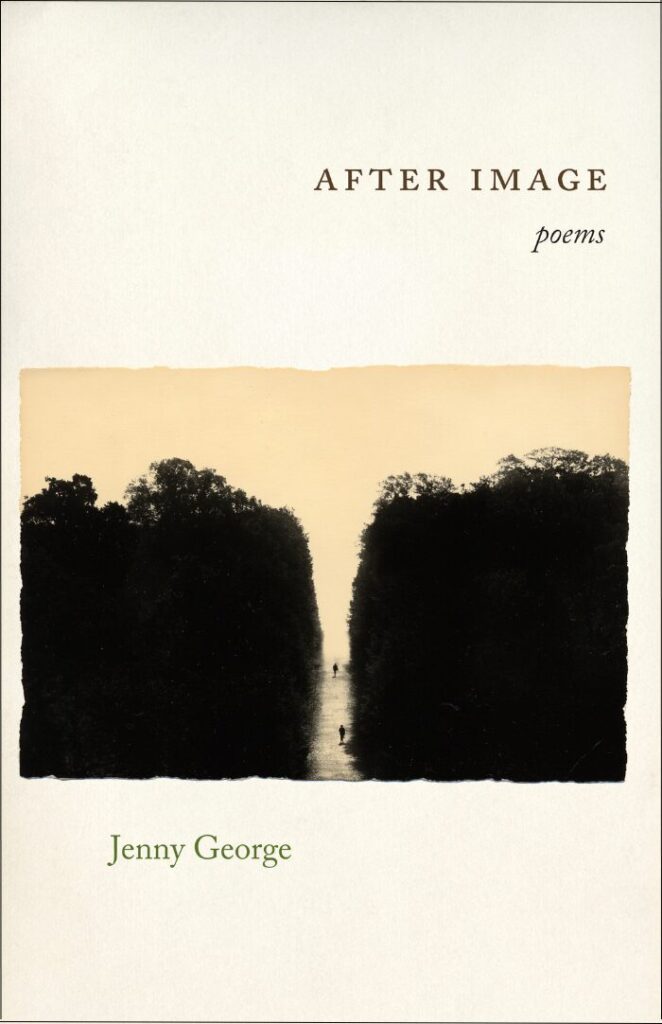
After Image by Jenny George (Oct., Copper Canyon) is intense and controlled and delicate, a study of character and narrative. There are mythological Greek characters presented minus the heroism, deaths that rebirth in language, and repetition of these worlds: “The story ends / with a wedding. Then everyone endures.” Such strong lines make familiar images feel estranged and big statements about “the world” feel wholly true. In this evocative collection, the self willingly recedes and the bees, in hope, abound.
The season’s translated volumes include selected collections from known and debuting authors with notable translators:
No One Will Know You Tomorrow by Najwan Darwish, translated by Kareem James Abu-Zeid (Nov., Yale) collects from the influential and stellar Palestinian poet’s seven Arabic collections over the last decade. Poems like “Sleeping in Gaza” and “I Write the Land” have been songs of protest and devotion in English seeming, over many years, always prescient to the current murder and destruction of Palestinians and Palestine. Abu-Zeid introduces this new and longer arrangement of Darwish in English with a note describing the poetry as “at once anti-nationalist yet profoundly and personally invested in the Palestinian cause.”
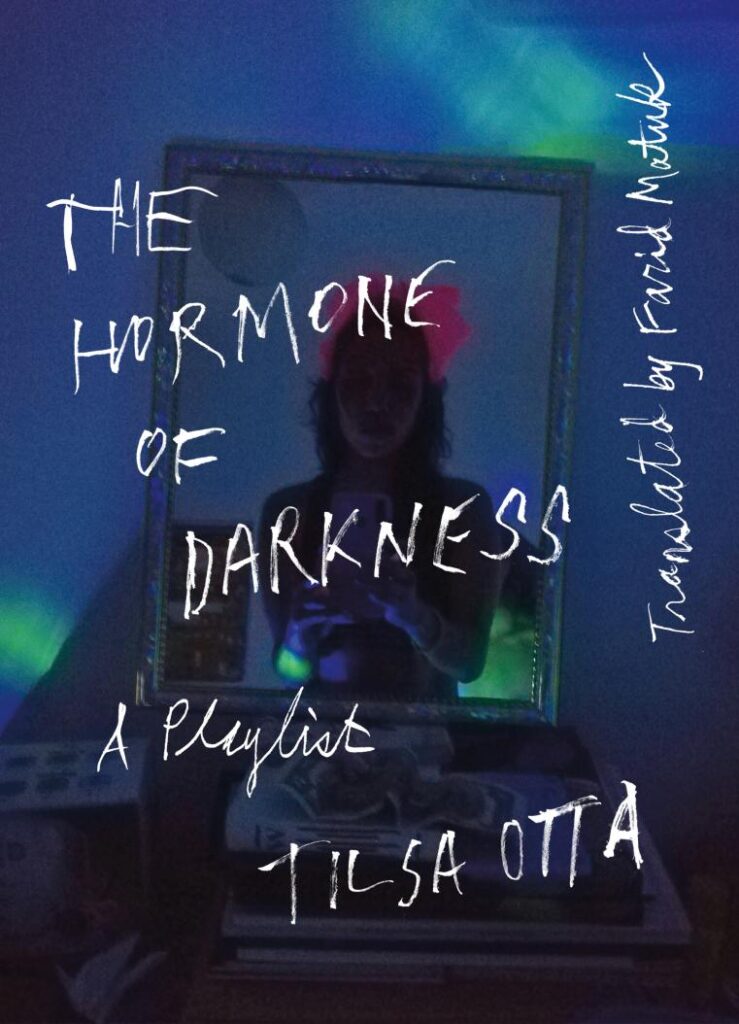
The Hormone of Darkness by Tilsa Otta, translated by Farid Matuk (Oct., Graywolf) brings together poems from across multiple original Spanish books by the intriguing Peruvian author. It marks a full-length English debut for Otta, though Matuk happily credits Cardboard House Press’s chapbook of her work with a different translator for making the volume possible. The author’s poems have questions and contain their own answers, as Matuk translates flexibly and expertly: focusing on the sentence when it is the original’s unit of rhythm, preserving or changing meter in English when it drives Otta’s words. “Speed reading doesn’t work with roses,” reads one poem; the collection proves to be one such rose, deserving of the reader’s wide time.
Two other selected collections from US poets are from Cheryl Clarke and Kimiko Hahn. Each of these volumes highlight the known favorites alongside lesser-known greats in the two bodies of work of women who have helped shape poetry for so many through writing, thinking, and teaching. They also shape their past work here, each including revisions to previously published poems:
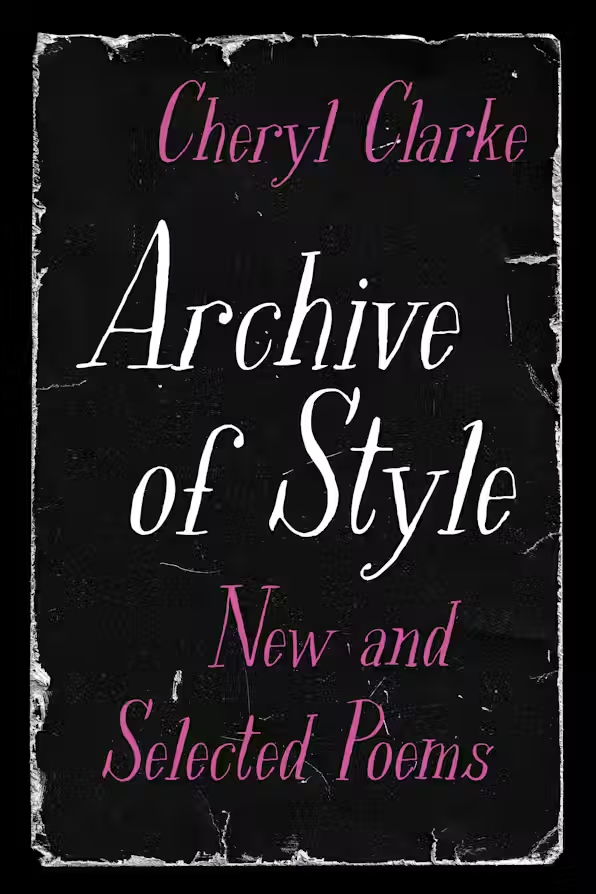

Archive of Style by Cheryl Clarke (Aug., Triquarterly) brings together the work of the Black lesbian feminist from the 1980s to present in a thorough volume. She connects drone strikes abroad to domestic anti-Black policing, lists memories of queer history that feel far and near, and memorializes loved ones alongside strangers who have become beloved. Many of her poems were published through feminist presses and queer journals, some of which no longer exist; this comprehensive book echoes such histories and those contemporaries in a present form.
The Ghost Forest by Kimiko Hahn (Oct., Norton) represents the best of over three decades of poems in reverse chronological order, from the prolific author’s most recent Foreign Bodies to her debut Air Pocket. New poems are contextualized in the themes and styles of Hahn’s intelligent forms: ghazal of found lines, erasures of articles, classic forms borrowing lines from Bishop and Millay. The book begins, this way, acknowledging all the ghosts and forests before and with the author, language of and with the world. The selections of 11 collections that follow make for a consistent, thorough read, with eerie threads that run through the entire collection: roots, glass, waiting. Unlike the predictable selections that have standardized this genre, Hahn’s poems are changed in the edition, each section opening with an introductory page (usually itself a poetic achievement), and sometimes a cento of lines from that book, lines shifted, rewired, and ghosted.
Another way to think about translation is within a writer’s work, as with the latest collections from two poets that work (and are read on) an international scale:
Tablets: Secrets of the Clay by Dunya Mikhail (Sept., New Directions) showcases visual and multilingual work, the result of what the author calls “two layers of translation”—from Arabic into English, and into drawings that accompany the poems and include the Arabic. The refreshing volume expands poetry’s definition with white space that gives breath to moving hand-drawn images and their accompanying poems, from the exuberant (“Cinderella left her slipper in Iraq / along with the smell of cardamom”) to the mesmerizing (“The first moment of war: / a fish slips out of the river.”). Shadows, vases, music—the simplest experiences extend and challenge in Mikhail’s hands.
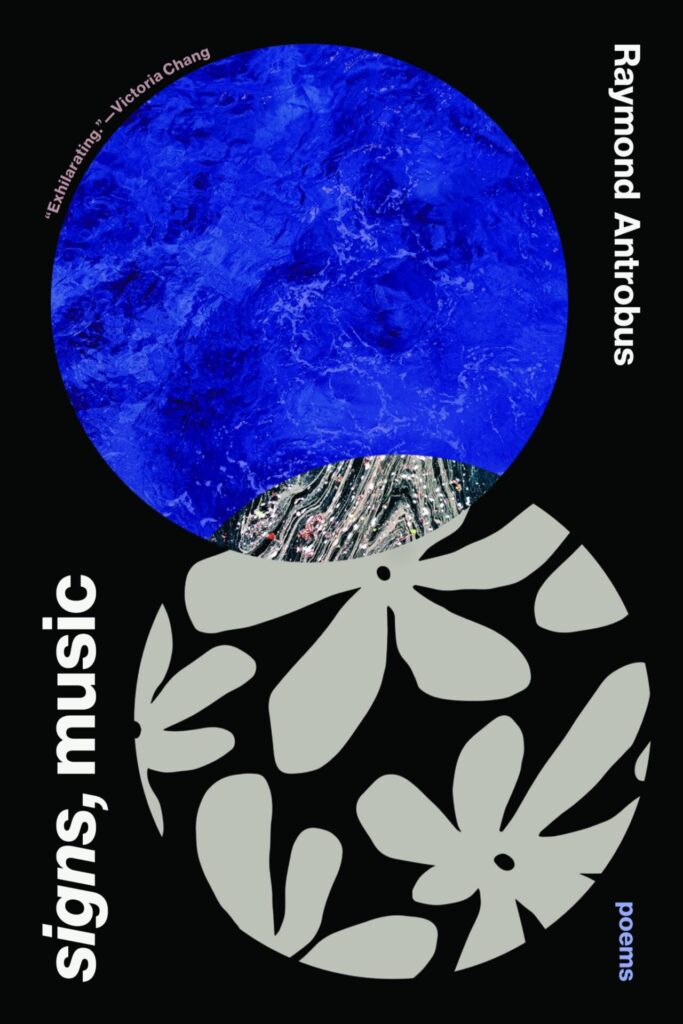
Signs, Music by Raymond Antrobus (Sept., Tin House) quietly and sincerely circles fatherhood in every language possible, including the titular signs and music. Font enlarges for effect and white space pushes words to page edges across two longer poems. The first is addressed to a child while preparing his newness with anticipation: trying on names, reflecting on the speaker’s own childhood; the second moves between direct address and the third person, narrating with love and fear questions, prayers, and joys of a lived reality. With illustrations of names and feeling in British Sign Language, disembodied hands moving across the book, in the end movingly turning from father’s hands to baby’s.
Two books out with Phoenix Poets establish a translation debut within a still-debuting series:
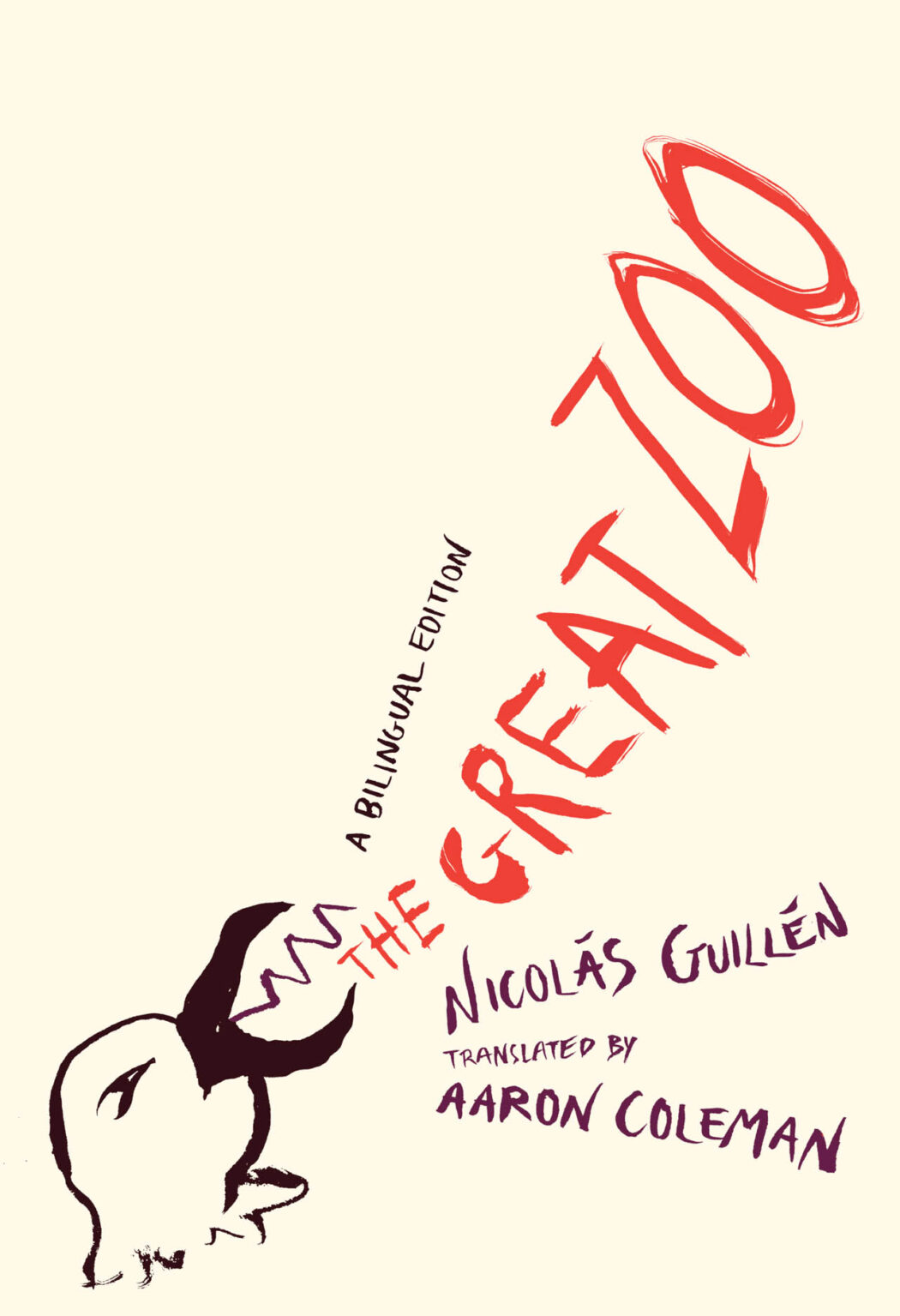
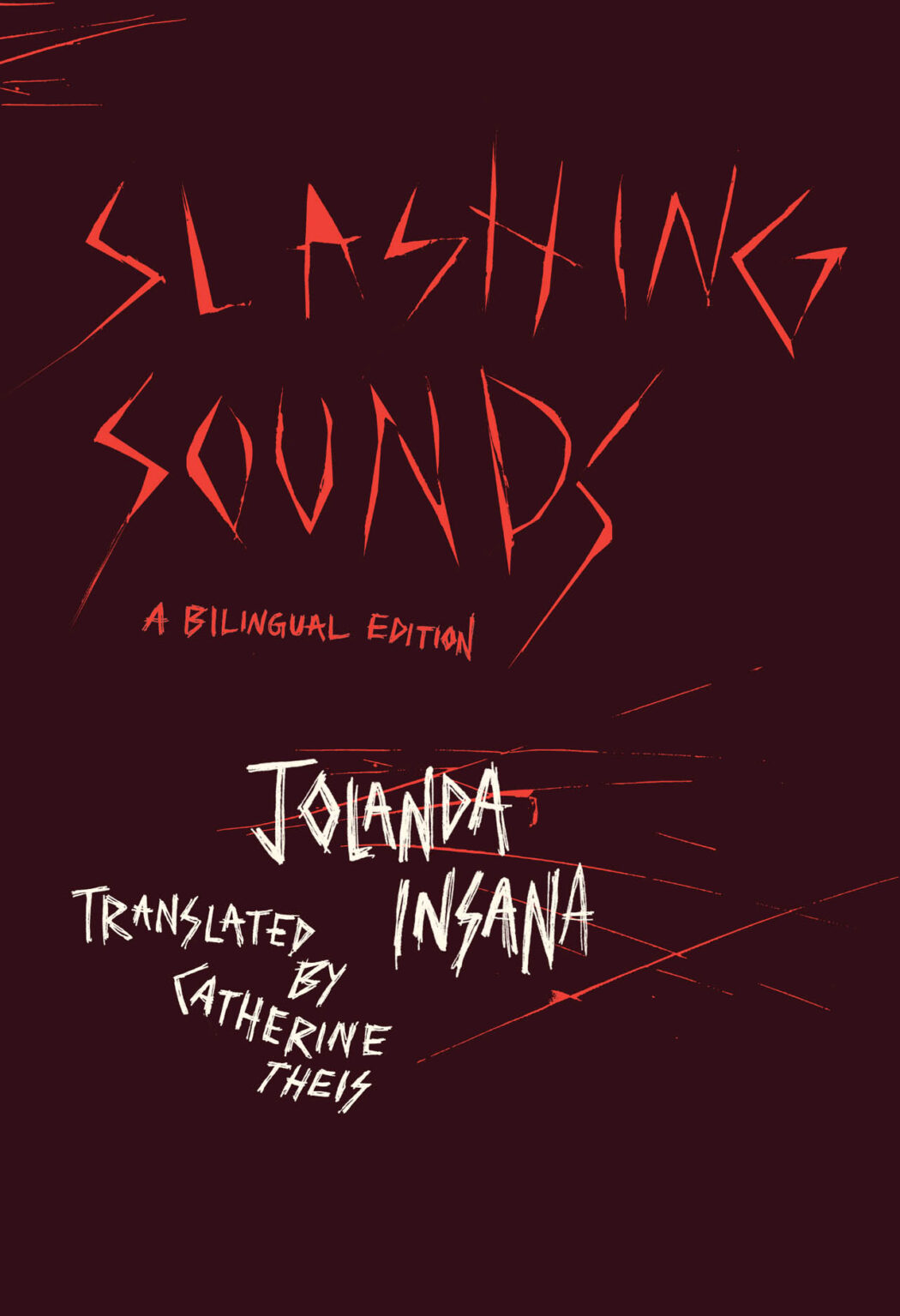
The Great Zoo by Nicolás Guillén, translated by Aaron Coleman (Oct.) from Spanish contains mostly pithy poems that create in-jokes with themselves, a world of systemic critique told only through and with great pleasures of language. The zoos and greatnesses occur at every level and kind, and they are loud, fun, true. How is seeing shaped by messaging, by guarding? Guillén points to the ironies and ends of authority, of the dishonesty of the zoo or museum, with an anger that amplifies humanity.
Slashing Sounds by Jolanda Insana is translated by Catherine Theis (Oct.), who notes that “the impulse to translate Italian poems stemmed from a desire to hear old voices.” In poems that often take the form of lists and intimacies, the author, a translator herself, is translated with purposeful style.
The Phoenix Poets Series that published Anne Winters first in the 80s, James McMichael first in the 90s, and Dan Chiasson in the 2000s was relaunched in 2021 and significantly revitalized. Srikanth Reddy led this shift, with consulting editors Katie Peterson, Douglas Kearney, and Rosa Alcalá; this poetry all-star team chose two books from this first public call for manuscripts in fall 2021, which arrived in spring 2023: Dong Li’s marvelous debut The Orange Tree, and Annelyse Gelman’s second book, the long poem Vexations chosen by aracelis girmay and Solmaz Sharif for the James Laughlin prize. These were followed up by known entities like C.S. Giscombe, whose inquisitive and forensic Negro Mountain (2023) finds glory in plainness (“Vividness can be misleading,” reads a line from a series of dreams), among inventive newer multidisciplinary voices like Mandible Wishbone Solvent by Asiya Wadud (2024), gathering to its press poets writing impressive and strange books, each in their own way. As fall’s publications indicate translation as another heart, these books find themselves in the spirit of the original series’ best moments and within an evolving, alive taste across and between the new editors.
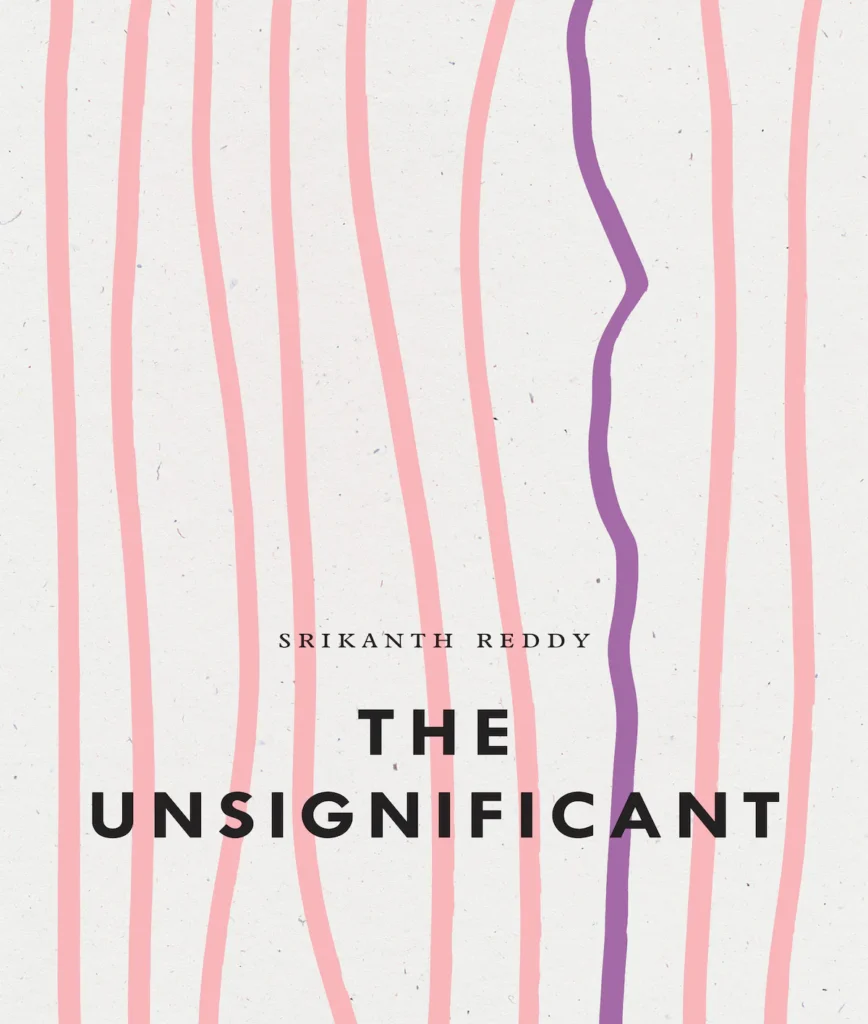
Srikanth Reddy also publishes talks in The Unsignificant (Sept., Wave), his first prose collected for a general audience (an academic book Changing Subjects is often referenced by poets and scholars). Like his poems, these three lectures cognitively light with an analytic bent and visual aids: on “the background” and whether concentration buckles surveillance; on simile, likeness, and their action onto and against equalizing lines; on small wonders in language in the vein of block-outs of Paradise Lost by Ronald Johnson.
They weave intensity with efficiency and humor and perhaps intimate what John Berger’s exhaustive mind may have made of spending more time on poems. The writings are adapted from lectures given through the Bagley Wright Lecture Series on Poetry in 2015; Wave began publishing a selection of these in 2018, resulting in tight, astute volumes relevant to any poetry lover. Reddy’s book joins Douglas Kearney’s exceptional Optic Subwoof (2022) and Terrance Hayes’s thorough account of Etheridge Knight, To Float in the Space Between (2021).
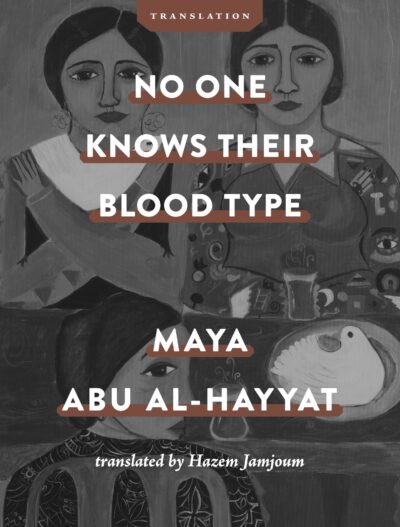
Another prose work of interest to poets is No One Knows Their Blood Type, a dazzling, brisk novel by Maya Abu Al-Hayyat translated by Hazem Jamjoun (Oct., CSU Poetry Center). Her most recent English publication was a new and selected poetry collection called You Can Be the Last Leaf, translated by Fady Joudah. The novel continues Abu Al-Hayyat’s gorgeous attention to language as a woman learns on the day of her father’s death that she is not his biological daughter; the mother, A, and the father, O, could only make O, like one daughter, but not B or AB, like the other daughter. The mother’s account of a marriage’s aftermath told on Facebook Messenger, the fear of sisters being separate, and hospital visits follow. The Palestinian family moves through place and time: calling Ramallah and Ammam, moving the corpse from Jerusalem to Nablus, narrating from Tunis and Beirut, friends returning to Gaza and Tulkarem. The Return is difficult to conceive of for the young women who have been expelled through generations, but they carry on the communal desire with layers of grief: “All he can talk about now is going back to Palestine. He’d rather move to a sewer in Nablus than a palace anywhere else.”
Fall also sees lovingly anticipated rereleases of poetry collections, including To After That (TOAF) by Renee Gladman (Sept., Dorothy) which makes the 2008 original new again. Some volumes have become anti-canonically canonical since their first publications:
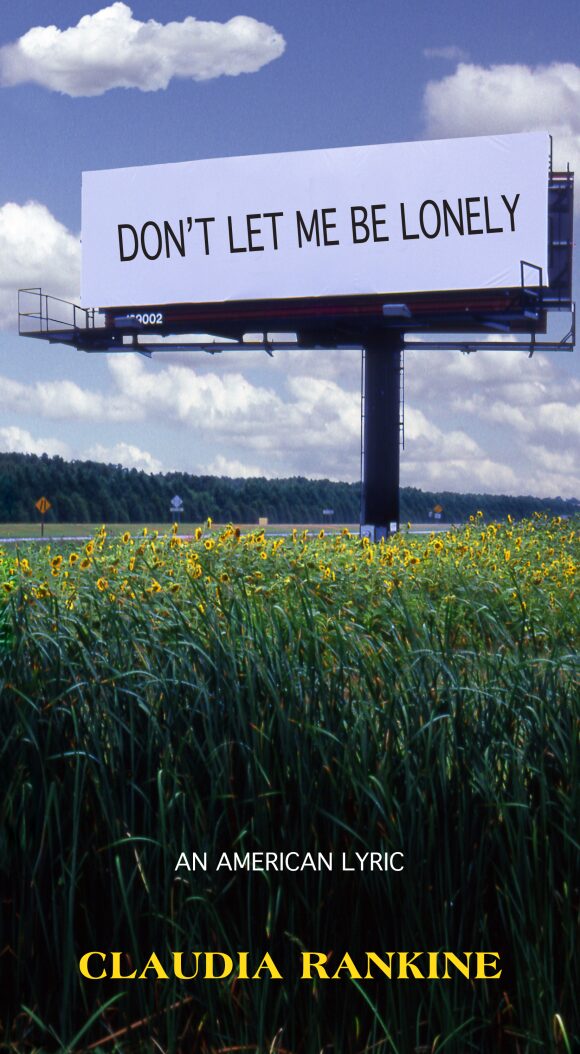
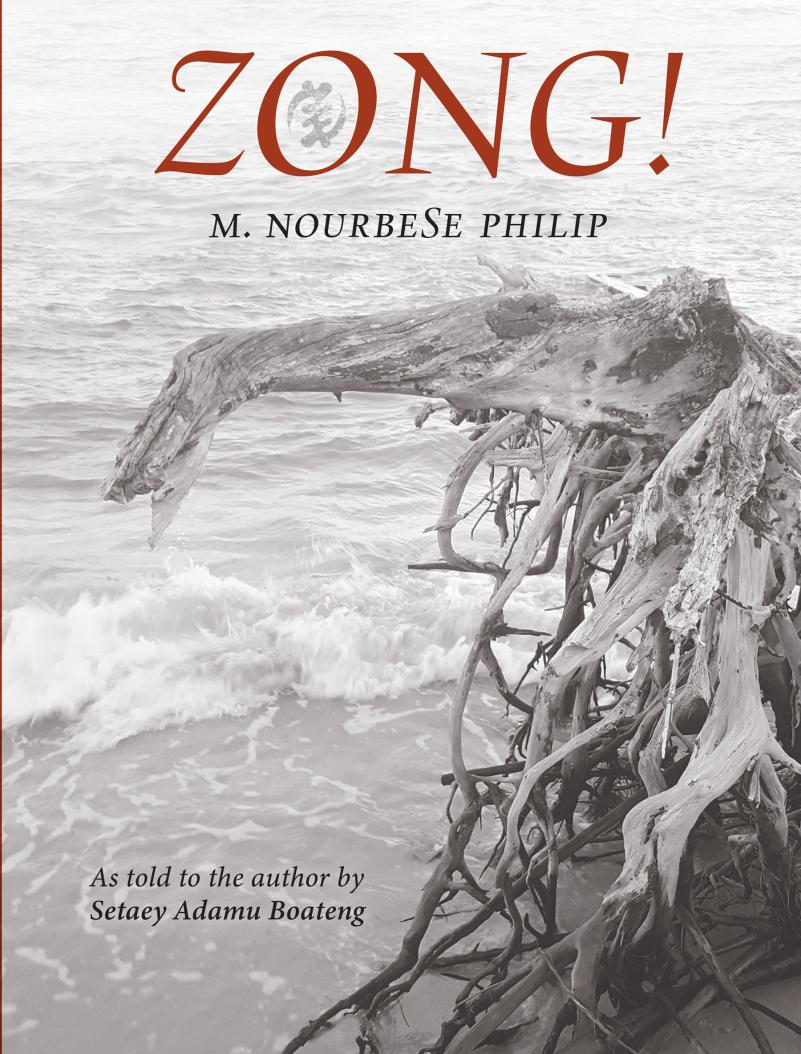
Don’t Let Me Be Lonely and Zong! (Oct.) are both out with new material at Graywolf (the former moving press, the latter originally with the press). m. nourbeSe Philip’s Zong! is an epic that exclusively uses language from a legal document presumed to be the only existing language about a 1781 massacre of African people enslaved and murdered for insurance money. Some pages are sparse with thin poems acknowledging the fragmentation therein, while others are dense and require the connecting of the edges of pages to make out words, pointing to the struggle and projection of narrative—its luxury. A thorough preface by the author about process and product begins the 15th-anniversary edition, quotes and an interesting graphic included. A difficult book that hopes to give life, or at least language, back to the dead, this reads like a celebration of what the book’s impact, including new prose by Katherine McKittrick and Saidiya Hartman, who writes that the book is “a phonography of the hold…an open text, a chant shout from the abyss.”
Don’t Let Me Be Lonely is “an American lyric,” bridging genre and weaving TV screens, depression, and ripping grief. It did not receive the global attention that her next book Citizen did, but is as superlative, and key to her continuing work as an artist and writer 20 years later. The author describes the book’s becoming in a preface, referring to the book as Lonely and tracking its shifting relevance and the role it had in her poetry (“watershed”). The collection is concise, curious, and sure, now updated with full color pages and a size that matches Rankine’s more recent books.
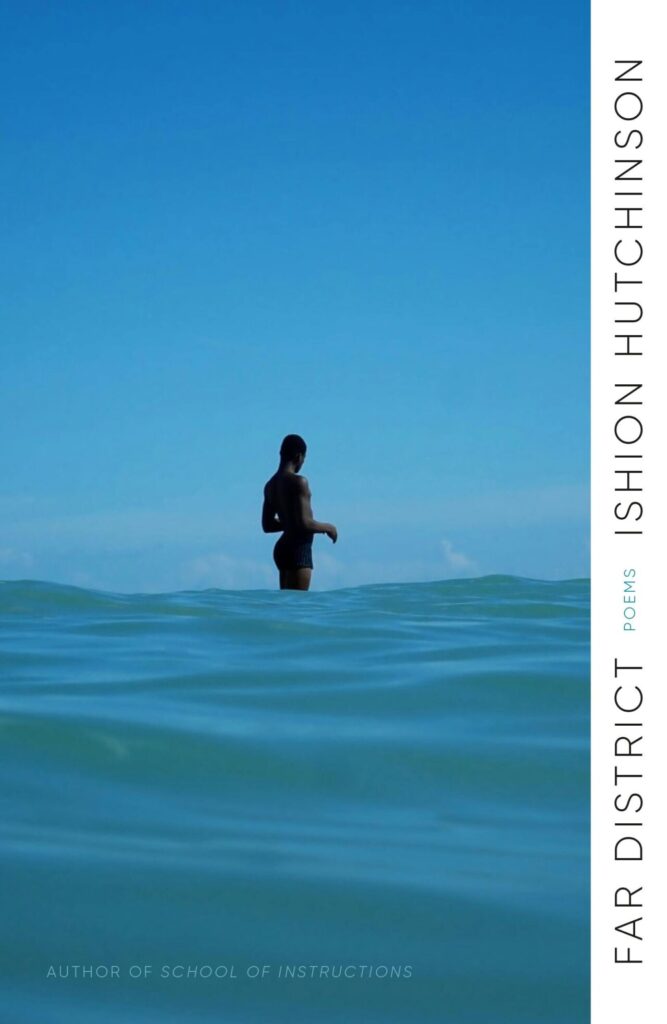
The beloved debut Far District by Ishion Hutchinson (Nov.) is out in a new edition and cover with FSG, which published his latest book School of Instructions last year. The volume wondered what stories were, how home comes to be, and what sightlines are chosen and enforced by daylight and shadow, frame or lens. Fourteen years and three books later, this first US edition is a happy reminder of how this immediately impressive the poems’ voice has echoed and moved, but stayed unmistakably his.
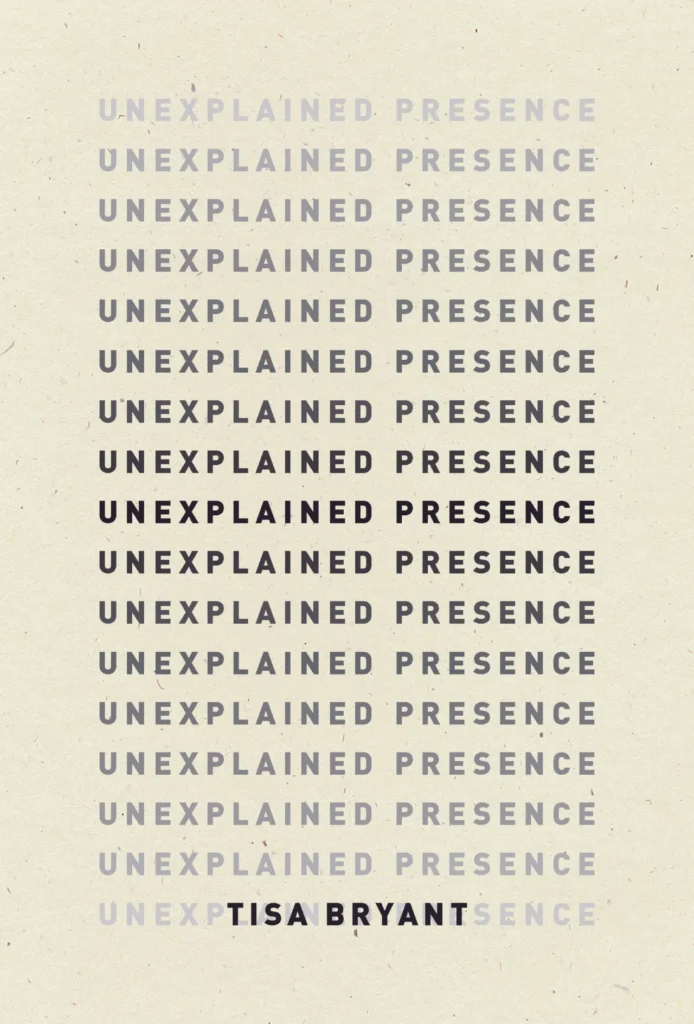
Unexplained Presence by Tisa Bryant, a 2007 debut of hybrid writing that was no longer in print, has a new life and cover at Wave Books (Sept.). This volume moves through a variety of forms for art to intimate that culture—film, TV, visual art, and literature—shapes history, and history shapes culture, that seeing is not objective, but framed, manufactured, and changing. A poetic perspective in prose, the book includes a new afterword by Margo Jefferson, who notes the book was “ahead of its time” when first published and “it still is.”
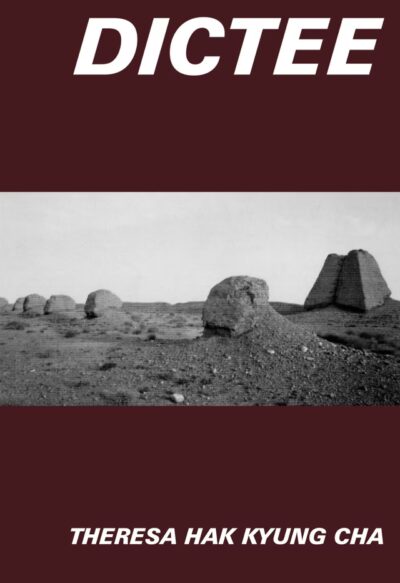
As with the rerelease of Dictee by Theresa Hak Kyung Cha (2023, UC) in the spring–which recently featured in a critical essay by Critic at Large Summer Farah–readers, teachers, and gifters of these books can rejoice at the reasonable price points and direct accessibility these rereleases bring.
Edited by Cindy Juyoung Ok
